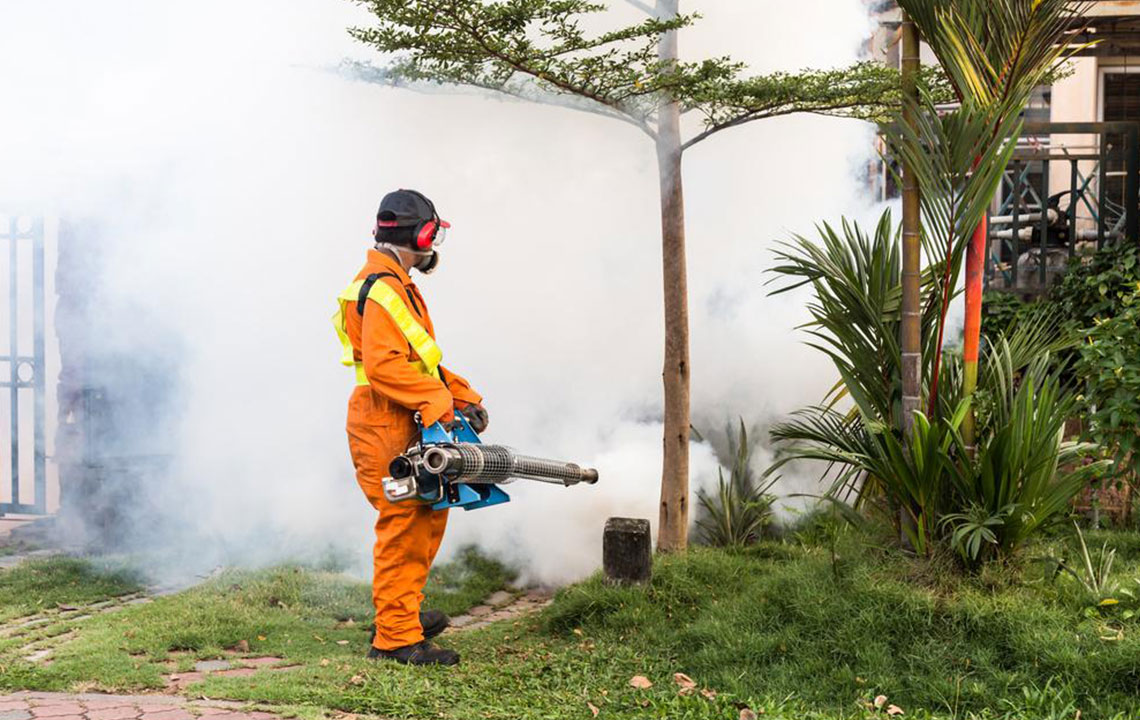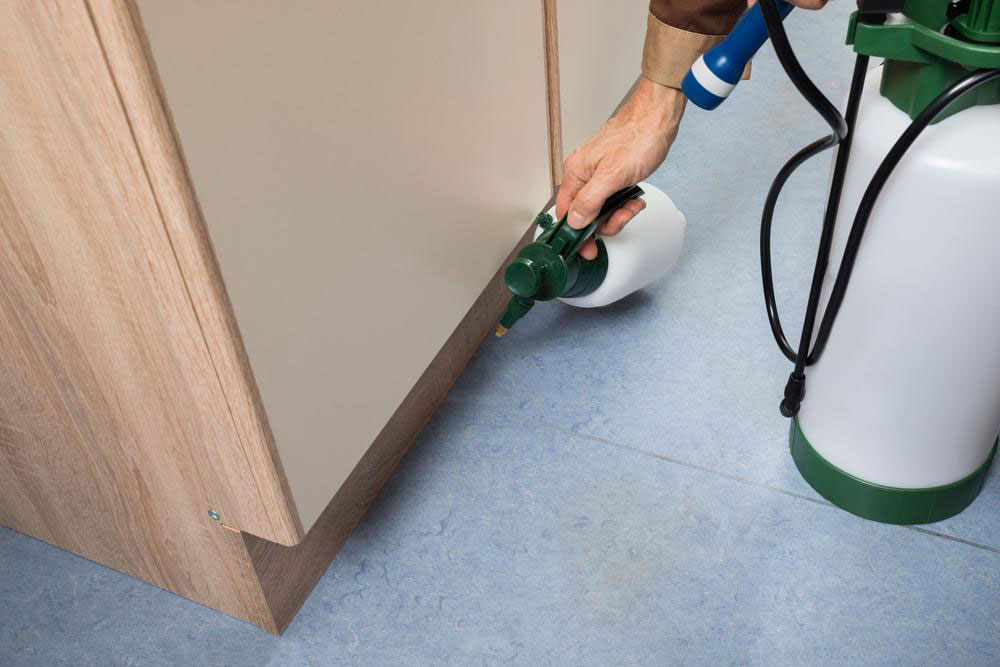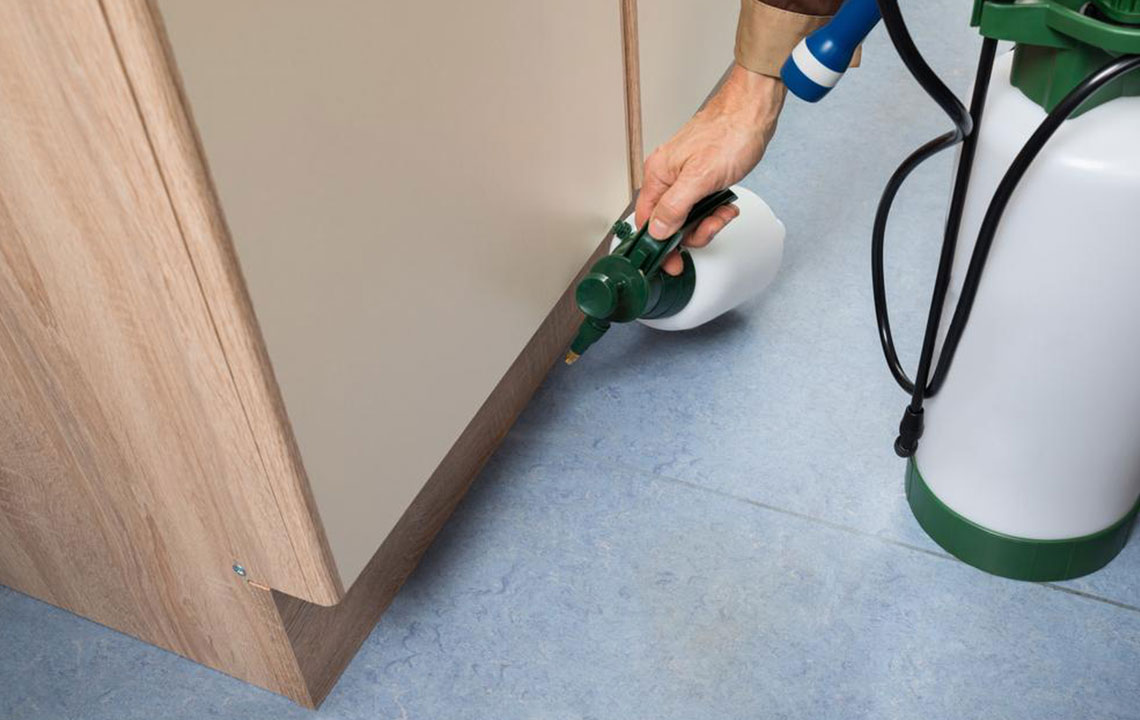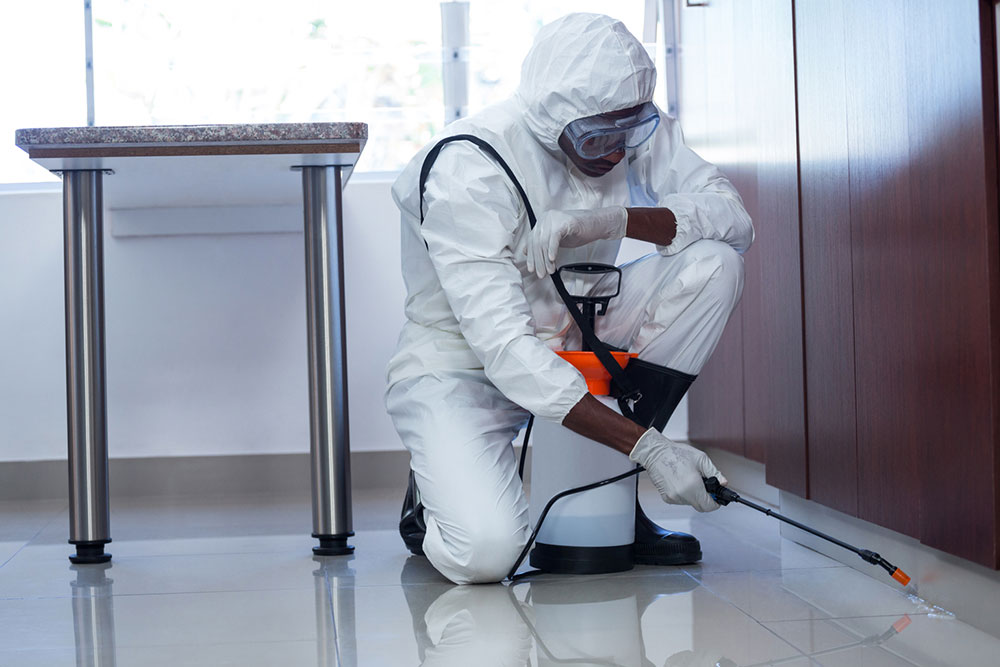Comprehensive Guide to Managing and Preventing Mosquitoes in Your Backyard
Discover comprehensive strategies to effectively control mosquitoes in your backyard. This detailed guide covers breeding habits, common breeding sites, natural deterrents, and professional treatment options. Learn how to eliminate standing water, utilize repellents, and employ eco-friendly methods to protect your outdoor space from mosquito-borne diseases. Start implementing these proven techniques today for a healthier, more enjoyable summer season in your backyard.

Comprehensive Guide to Managing and Preventing Mosquitoes in Your Backyard
Spending time outdoors in your backyard can be an enjoyable experience, but pesky mosquitoes often turn this pleasure into a nuisance, especially during the warmer months when these insects become most active. While applying mosquito repellents can offer immediate relief, establishing a thorough and sustainable mosquito control strategy is essential for long-term protection and comfort. Gaining an understanding of mosquito breeding habits, common breeding sites, and effective prevention methods can significantly reduce their population in your outdoor space, allowing you to enjoy your yard without the constant worry of bites.
Understanding Mosquito Breeding Behavior – Female mosquitoes have a reproductive process that involves laying eggs multiple times after mating, primarily on water surfaces. These eggs are resilient and hatch into larvae when conditions are favorable, such as after heavy rain or standing water accumulation. The mosquito life cycle includes several stages: egg, larva, pupa, and adult. The progression through these stages varies depending on the species and environmental conditions, but typically, it can take from several days to a few weeks. Interestingly, some mosquito species are capable of biting and breeding even during cooler months, including winter, emphasizing the importance of year-round mosquito management.
One of the key factors contributing to mosquito infestation around your home is the presence of stagnant and stagnant water sources. Common breeding sites include areas with persistent moisture, such as clogged gutters, plant pots, old tires, bird baths, buckets, and any other containers that hold standing water. Mosquitoes are resilient travelers, capable of migrating up to forty miles from their birthplace in search of blood meals, which makes controlling breeding sites crucial in managing their overall population. Despite their small size, mosquito bites can transmit serious diseases such as West Nile virus, Zika virus, and dengue fever. Therefore, combining various control methods—ranging from habitat elimination to professional pest management—can significantly improve your outdoor safety and comfort.
Eliminate Standing Water: Remove or regularly empty containers, gutters, and debris that collect and hold water. Make it a weekly routine to clear out rainwater from birdbaths, plant saucers, and outdoor toys, disrupting the mosquito life cycle.
Apply Targeted Repellents: Use effective mosquito repellents on high-risk breeding areas. Consider applying repellents to hoses, garden borders, and shady outdoor corners where mosquitoes tend to rest and breed.
Employ Fogging and Insecticide Treatments: During outbreak periods, municipal authorities often conduct fogging operations to control adult mosquito populations. Homeowners can also utilize outdoor foggers and space sprays to target mosquitoes in specific areas, but they must adhere to safety guidelines for effective and safe application.
Incorporate Natural and Organic Deterrents: Certain plants such as marigolds, citronella, and rosemary are believed to repel mosquitoes. Planting these around your yard not only enhances aesthetics but may help reduce mosquito presence. While scientific evidence on their effectiveness varies, many homeowners find this natural approach beneficial as part of a broader control strategy.
Professional Mosquito Control Services for Lasting Results
For an effective and sustained decrease in mosquito populations, consider hiring professional pest management services. These can be tailored to fit your needs based on the severity of infestation and your budget. Treatments typically fall into two categories:
One-Time Treatment: Aimed at special events or immediate relief, this approach provides temporary mosquito suppression lasting for several weeks. It’s ideal before outdoor gatherings or outdoor activities during peak mosquito season.
Seasonal Maintenance Programs: These involve regular treatments throughout the mosquito season, beginning early in summer and continuing until late fall. Consistency ensures that mosquito populations remain under control, allowing you to enjoy outdoor life without constant nuisance and health concerns.
Beyond chemical and professional interventions, there are additional devices such as mosquito traps and light-based attractants, which lure and capture mosquitoes using various attractants. However, devices like bug zappers are generally less effective against mosquito populations compared to behavioral and habitat management methods. The effectiveness of each method depends on factors such as the local mosquito species, environmental conditions, safety considerations, and your individual preferences.
Proactive management is key to protecting your outdoor spaces during the warmer months. Starting with simple preventive measures — like eliminating breeding sites and using repellents — and escalating to comprehensive treatments can help achieve a mosquito-free yard. Keep in mind that some control methods take time to show results, emphasizing the importance of regular application and patience. With diligent effort, you can enjoy your outdoor space comfortably and safely all summer long.





